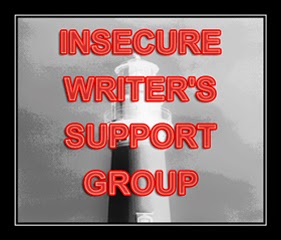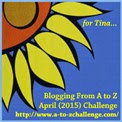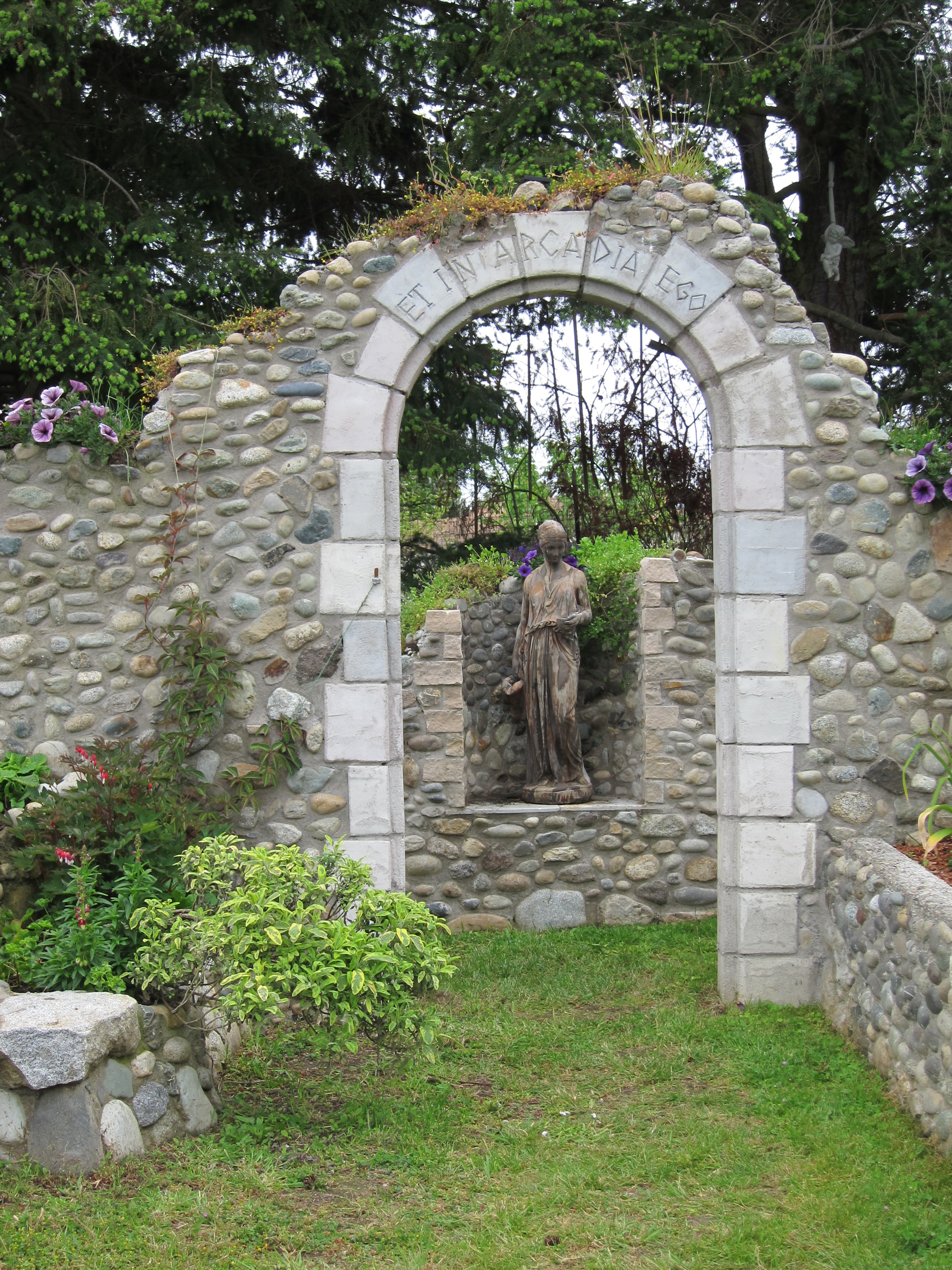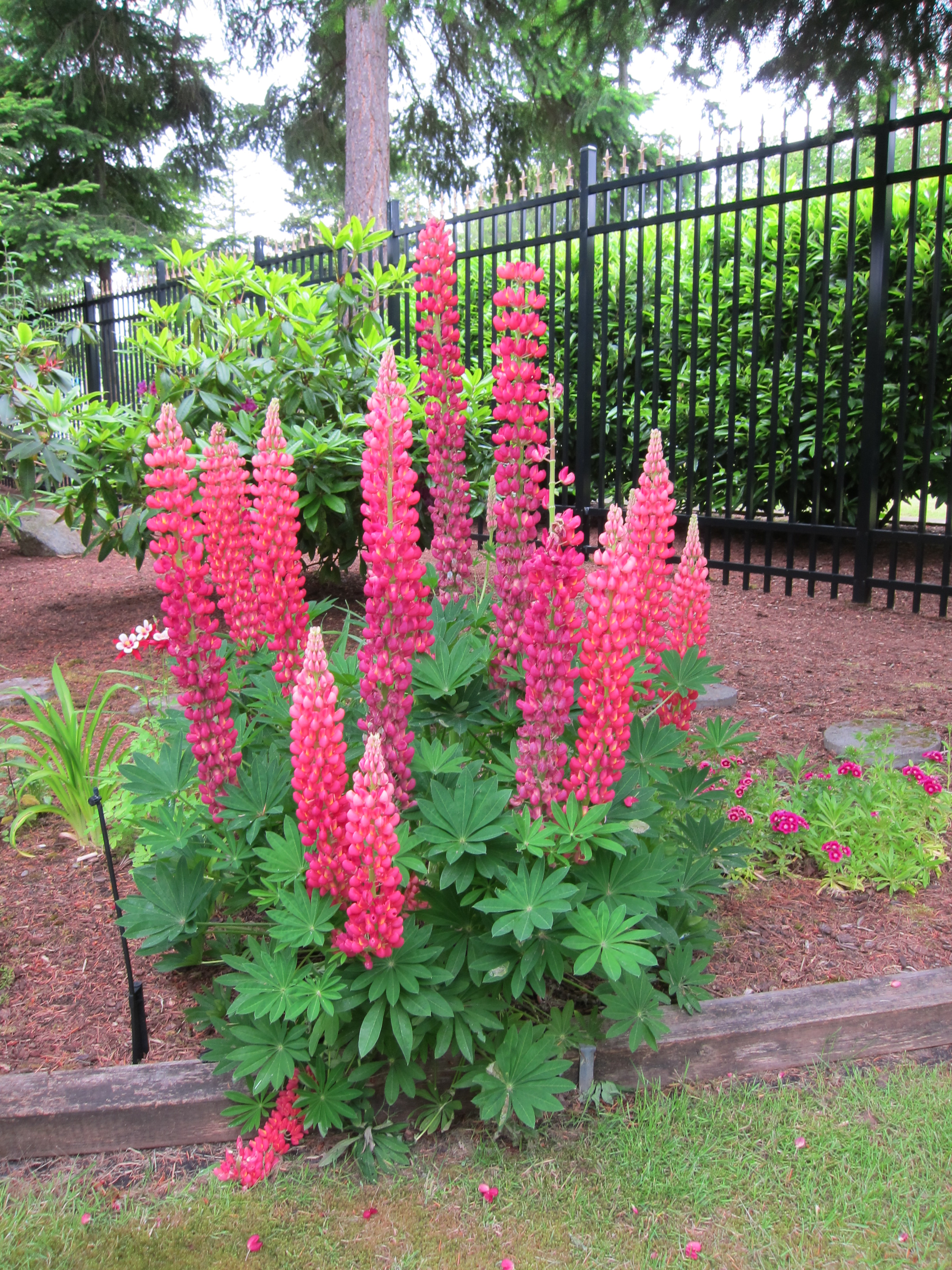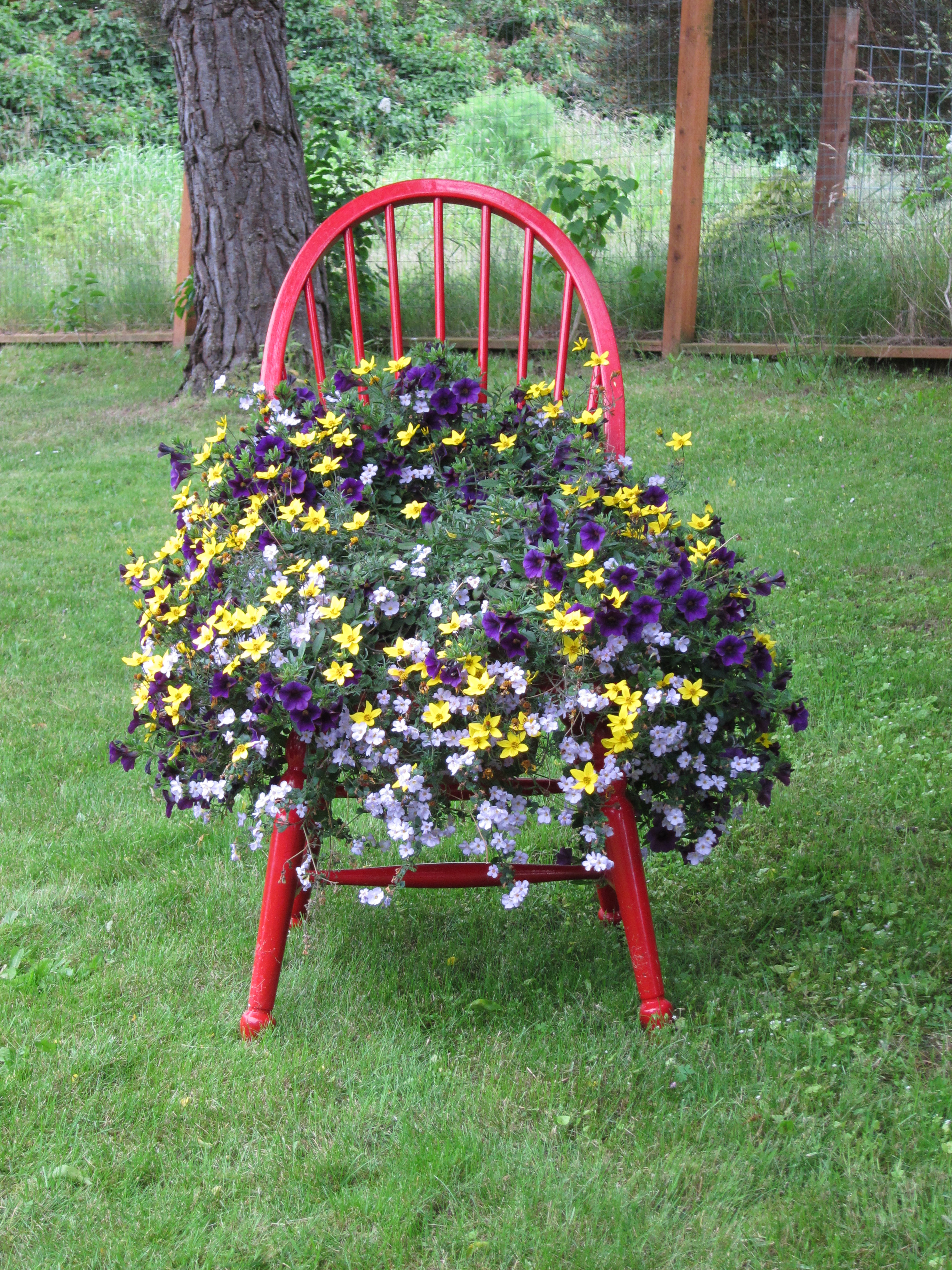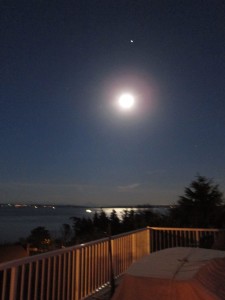 Moon, you know I am an inconstant lover. I commit to you, and then I get busy and harried, then forget. May this love letter to you breathe into me new commitment.
Moon, you know I am an inconstant lover. I commit to you, and then I get busy and harried, then forget. May this love letter to you breathe into me new commitment.
Twenty years ago, while recovering from a strange illness that left me without a voice for six weeks, I woke in the night and saw you, in your fullness, in your brilliance, and I lost my heart. I want to be with you, I said. I want the freedom to stay up at night, as I did that night, to just watch you, with nothing else to do.
It was a prayer, though I didn’t know it at the time. You did…and you answered. Every month, you waxed and waned, sometimes hiding behind clouds, other times shining over the water. You gave me a glimpse of your power and mystery, and you reached out with your glow to touch my face with support and loving care.
Yet I have been disconnected from you, moon. I lost sight of you except for an occasional glance at the night sky, when you rise over the water and command my attention. I lost you when I lost my female cycles. It never occurred to me at the time that those cycles still exist within me, and you are the key.
Women who study Ayurveda, a sister science to yoga, believe the moon is important to women. The New Moon is for introspection, they say, and the Full Moon is for clarity, power, and manifestation.
A few months ago, when I added more Ayurvedic practices to my life, I began to pay attention to you again. I notice higher levels of energy — and agitation — during the full moon. It’s no surprise to me that this week, as you wax toward your full glory, I am carting bags of compost and manure into the garden. I am weeding and feeding my fruit trees. I am writing busily and happily. I feel strong and alive.
In a few weeks, when you wane to near-darkness, I will begin my period of spring cleansing and reflection.
What if I can reconnect to your rhythms? What if I can dance once again with your ebb and flow? Do I stare stare full in the face of magic? Do I claim my right to know your mysteries?
I will walk this path to find you, and then I will know the answer to those questions. I send you my love, mysterious moon, and I glide in your river of sweet, soft energy.
For more on this month’s full moon, visit these websites. I am not into astrology, but some of them are fun anyway. Enjoy!
http://www.mysticmamma.com/full-moon-in-virgo-march-5th/
http://www.elephantjournal.com/2015/03/full-moon-in-virgo-head-versus-heart-tug-of-war/
***
I am grateful for finding the Insecure Writers Support Group. We’re starting the A-Z Blog Challenge in April, but already I’m feeling the love. We also have a monthly group post, and today’s the day. Thanks, all!
